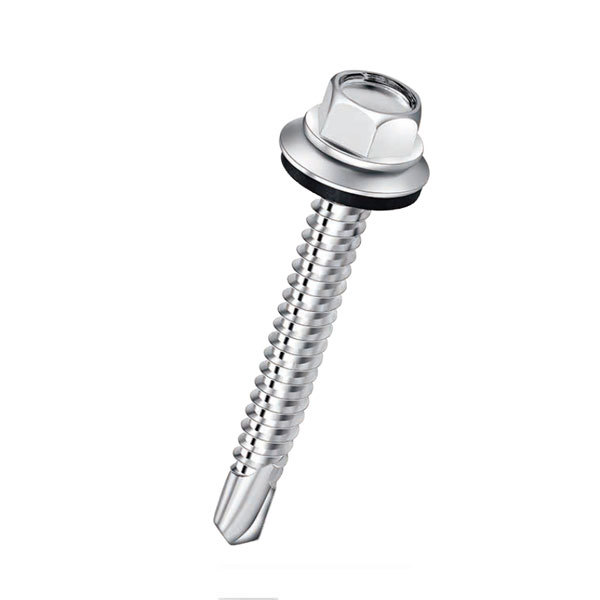Custom DIN 125 Flat Washers for Versatile Industrial Applications and Reliable Performance
The Importance of Custom DIN 125 Flat Washers in Engineering and Construction
In the world of engineering and construction, the significance of small components cannot be underestimated. One such component is the flat washer, specifically the DIN 125 flat washer. These washers may seem insignificant at first glance, but they play a crucial role in ensuring the reliability and durability of various mechanical assemblies. This article explores the features, benefits, and custom options of DIN 125 flat washers, shedding light on why these components are integral to engineering practices.
Understanding DIN 125 Flat Washers
DIN 125 flat washers are standardized washers that conform to the German Institute for Standardization (DIN) specifications. They are primarily used to distribute the load of a threaded fastener, such as a bolt or a screw, thereby minimizing the risk of damage to the surface of the material being joined. Designed in various sizes and thicknesses, these washers can be utilized across diverse applications, ranging from automotive and aerospace sectors to construction and manufacturing.
The primary function of a flat washer is to support and enhance the locking mechanism of a nut or bolt. By providing a larger surface area, flat washers help to bear the load, prevent loosening, and reduce friction between the fastener and the material. Consequently, this results in a more secure and stable connection.
The Benefits of Custom DIN 125 Flat Washers
While standard DIN 125 flat washers offer many advantages, custom washers can significantly enhance performance in specific applications. Customization options can include size, material, thickness, and finish, allowing engineers and designers to tailor washers to meet specific requirements. Here are some of the key benefits of opting for custom DIN 125 flat washers
1. Precision Fit Custom washers can be designed to fit perfectly into unique assembly configurations. This ensures that the load is evenly distributed and reduces the risk of failure due to poorly fitting components.
custom din125 flat washer

2. Material Selection Depending on the environment and the type of application, different materials may be required. Custom washers can be made from materials such as stainless steel, aluminum, nylon, or other alloys, providing resistance to corrosion, temperature fluctuations, and wear.
3. Enhanced Performance By customizing the thickness and diameter, washers can be optimized for specific loads and tensions, improving the overall performance and longevity of the joint.
4. Cost Efficiency Although custom components may come with a higher initial price, they can lead to cost savings in the long term. Custom washers can reduce the need for frequent replacements and minimize the risk of equipment failure, which can be costly in terms of repairs and downtime.
5. Aesthetic Appeal In applications where aesthetics matter, custom washers can be designed with a specific finish or coating that aligns with the overall appearance of the assembly, enhancing visual appeal without sacrificing performance.
Applications of Custom DIN 125 Flat Washers
Custom DIN 125 flat washers find application in a wide array of fields. In the automotive industry, they are used to secure components in vehicles, ensuring safety and longevity. In aerospace, they serve critical functions in aircraft assemblies, where reliability and precision are paramount. Additionally, in construction, customized washers help in the assembly of structures, providing the necessary support and stability.
Conclusion
In conclusion, while DIN 125 flat washers may appear to be minor components, their importance in engineering and construction cannot be overstated. The ability to customize these washers adds value by improving fit, enhancing performance, and allowing for tailored solutions across various applications. By investing in custom DIN 125 flat washers, engineers and designers can ensure that their assemblies are robust, efficient, and long-lasting, ultimately contributing to the success of their projects. Whether for industrial, automotive, or aerospace use, the right flat washer is indispensable in achieving quality and performance in engineering applications.
-
Top Choices for Plasterboard FixingNewsDec.26,2024
-
The Versatility of Specialty WashersNewsDec.26,2024
-
Secure Your ProjectsNewsDec.26,2024
-
Essential Screws for Chipboard Flooring ProjectsNewsDec.26,2024
-
Choosing the Right Drywall ScrewsNewsDec.26,2024
-
Black Phosphate Screws for Superior PerformanceNewsDec.26,2024
-
The Versatile Choice of Nylon Flat Washers for Your NeedsNewsDec.18,2024










